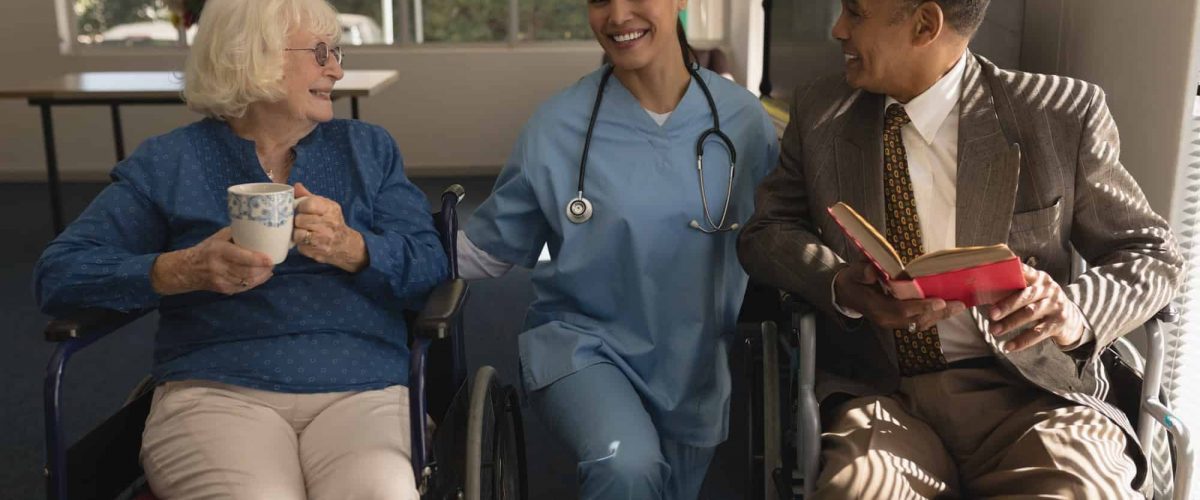Terminally ill patients may reach a point in their ailment where they are not benefiting from curative treatment and have six months or less. At this point, the doctor might recommend care at the end of life to the patient.
What Is Care at the End of Life?
Care at the end of life—care is emotional, physical, spiritual, and social support given to terminally ill patients. This care can also be offered to older people with chronic illnesses who need care before death. End-of-life care varies depending on the needs of the patient. End-of-life care aims to maintain the patient’s quality of life by controlling pain and other symptoms. This is to make the patient comfortable. Generally, end-of-life care involves physical care, spiritual support, emotional support, and help in practical tasks.
Physical Care
Physical care is offered at the end of life because patients may have physical discomfort caused by several factors like pain, breathing problems, or fatigue. Medical personnel administer care depending on the cause of the discomfort. For instance, if a patient is experiencing pain, care at the end-of-life focuses on alleviating pain without worrying about the long-term side effects of the pain medicine. The care also focuses on preventing pain for patients who are not experiencing it. This is because it is easier to prevent pain than relieve.
Emotional Support
At the final stage of life, it is likely for patients to have emotional stress, anxiety, or even depression. A patient needs to receive emotional support to be comfortable physically and emotionally. Services like counseling and medication for anxiety and depression help resolve the condition. The family also plays an important role in ensuring that the patient has good mental health. This is by being supportive to the patient and being active in caring for the patients, as most patients prefer being close to family and friends at the final stage of life.
Spiritual and Social Support
Spiritual support is key at the end-of-life care as it helps patients connect with spirituality and find meaning in the life they have lived. Spirituality will help the patient make peace that their life is coming to an end. This gives the patient comfort as they find solace in their faith. It is advised that the patient talks to someone in their religion like a pastor to discover their spiritual strengths and connect with their spirituality.
Social support involves support systems that encourage patients to cope better at the end of their lives. A social worker may counsel the patient and their family to offer psychological support.
A Compassionate and Caring Team
Ameriprime Hospice is a facility that offers remarkable end-of-life care to patients and caregivers. The hospice team can help 24 hours a day, seven days a week. Are you in Dallas, Richardson, Carrolton, Garland, and surrounding TX communities? Our end-of-life care professionals can answer any questions you may have. Don’t hesitate to contact us at (972) 787-0949) or on the contact form on our website.




